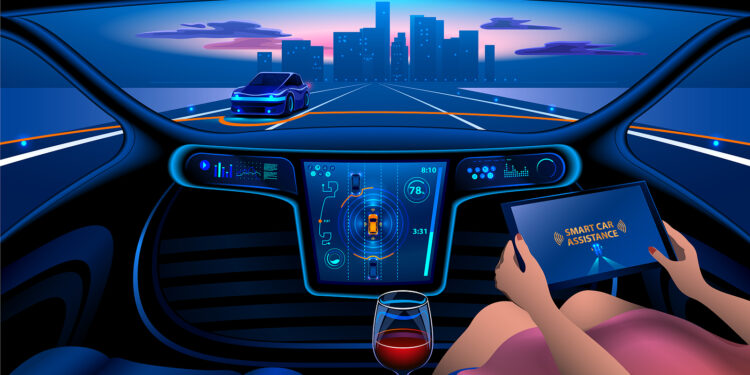Apple's Project Titan, an ambitious plan to revolutionize the automotive industry, is a prime example of the challenges and risks in the world of technological innovation. Despite ambitious goals and significant investments, Apple ultimately had to abandon its plan. The reasons for this ranged from technical difficulties to financial uncertainties.
The world of technology companies is characterized by ambition and willingness to take risks. Companies like Apple are constantly venturing into new areas to drive innovation and open up new markets. But not all projects are crowned with success and sometimes even the largest companies have to accept that certain dreams remain unattainable. Apple's Project Titan is one such example that shows how even a giant like Apple can fail in the face of the challenges of the future.
Challenges of Innovation: The Ambitions of Project Titan
Project Titan was Apple's ambitious plan to develop its own autonomous electric car that would revolutionize the automotive industry. Over a period of about a decade, the company changed its strategy and goals several times as it tried to master the challenges of the fully self-driving car. But ultimately the project proved to be too risky and insurmountable. The core problem was developing a fully self-driving car that no longer required any human control. While other companies like Tesla initially focused on limited self-driving functions and postponed the concept of the fully self-driving car for the future, Apple wanted to make a revolutionary leap and bring a car without a steering wheel and pedals to market. However, the initial euphoria and trust in its own engineering team turned into hubris over time, as Bloomberg reports. reported.
Ambitions versus reality: The road to the self-driving car
Despite success in other technological areas and pioneering the design of smartphones and other products, the plan to develop a vehicle that would fit seamlessly into Apple's ecosystem proved to be too ambitious. The design of the vehicle had to be not only technologically advanced but also reflect Apple's distinctive design aesthetic. Ultimately, this was too ambitious a goal that exceeded the scope of what was feasible. The costs of the project quickly escalated and even if the company had made a breakthrough in developing the fully self-driving car, the financial and practical challenges would have been insurmountable. The company eventually realized the folly of its "big bet" and decided to abandon the project before it incurred even greater losses.
Lessons from Failure: Apple's Look into the Future of Technology Innovation
Apple's failed Project Titan stands as a reminder of the risks and challenges that come with technological innovation. Despite the company's considerable resources and commitment, its plan to develop a fully self-driving electric car proved to be too ambitious and impractical. The company had to realize that sometimes it is better to focus on its strengths and abandon unrealistic goals before even greater losses are incurred. While Project Titan failed, Apple remains a pioneer in other areas of technology and will surely learn from its mistakes to drive even more successful innovations in the future. (Photo by Andrey Suslov / Bigstockphoto)





